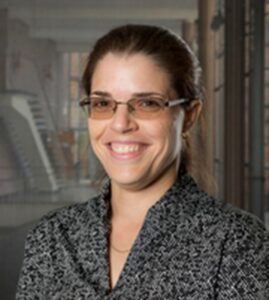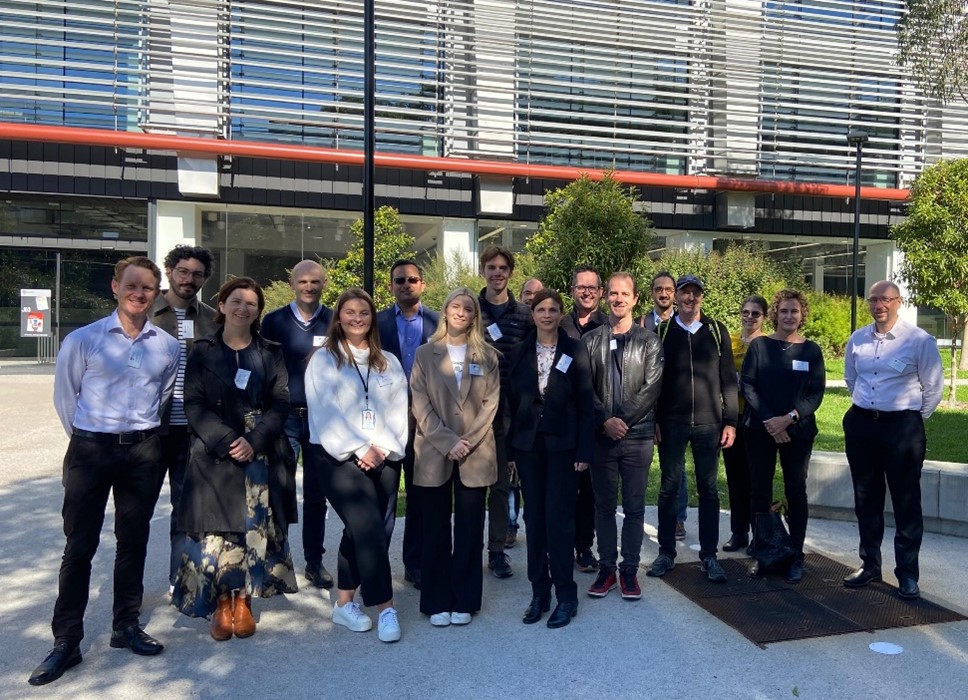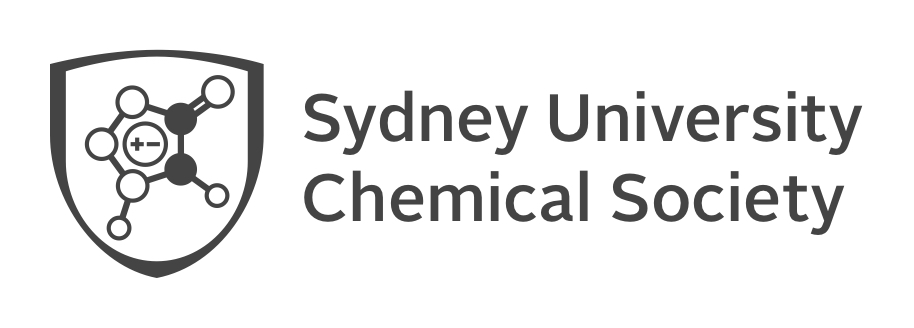Prof. Deanna D’Alessandro
Deanna is a Professor of Chemistry and the inaugural Director of the Net Zero Initiative. Her research focuses on the development of advanced materials to improve sustainability through carbon dioxide capture and conversion.

The Net Zero Initiative
The Net Zero Initiative (NZI) was launched by the Faculty of Engineering in March 2022 as a bold vision to address the urgent need for frontier multidisciplinary research, and the translation of world-class solutions and technologies to reach Net Zero. Australia has pledged a 43% emissions reduction target by the end of this decade, and a Net Zero target by 2050. The challenge ahead for us to meet our nation’s ‘Net Zero by 2050’ goal is both exciting and confronting.

Alumni from USyd Science, Engineering, Business and Arts who met in May 2023 to share their common interest in achieving Net Zero.
Across our University, our nation and our world we are asking the same questions:
- What do we need to do to reach Net Zero by 2050 or sooner?
- How do we make a responsible transition that is inclusive of environmental, governance, policy, legislative, economic, and social issues?
- What portfolio of solutions and technologies do we need? How do we prioritise these in the short-, mid- and long-term? How do we scale them?
- Who do we engage with, including stakeholders, communities and First Nations peoples, to co-design solutions for translation and integration of Net Zero technologies?
- Where do we need educational innovations to address acute workforce shortages for the transition to Net Zero?
Addressing these questions demands a portfolio of solutions that are STEM-enabled and co-designed across multiple disciplines to carefully integrate economic, social, legal and governance structures to ensure successful implementation. Solving such a complex problem transcends the status quo of universities and elevates the conversation because the stakes are high: multidisciplinary and cross-sector partnerships are essential to accelerate the transition, share knowledge and best practice, and avoid reinventing the wheel or decreasing translation of technology into practice.
The NZI brings together a critical mass of over 120 University researchers across four founding themes to leverage substantial new external research, educational, funding and engagement opportunities. These founding research themes include reducing demand, zero emissions energy, removal of greenhouse gases, and understanding climate change risk. Within these themes are projects that address key facets of the transition to net zero emissions.
The May 2023 Federal Budget included multiple initiatives that intersect with and underpin the NZI, including an Industry Growth Fund, Australian Accelerator measures, a Nuclear Technologies Fund, a Nature Positive Plan, a $2billion Hydrogen Headstart Program as well as directives for engaging First Nations peoples, implementing adaptation solutions, dealing with hard to abate sectors (aluminium, concrete, smelting) and advanced manufacturing. These new opportunities underscore the opportunities for the research sector to help deliver R&D solutions in these strategic areas.
The strong momentum already built by the NZI in less than 12 months is testimony to the enormous efforts of the Faculty of Engineering team and colleagues across the wider University. Nurturing existing and growing new interdisciplinary and intersector partnerships are more important than ever. The NZI has welcomed industry and government partners from Worley, Origin, HSBC, Hyundai, NSW Government Department of Planning & Environment, Woolworths, Veolia, RioTinto, and Mitsubishi Heavy Industries to its Industry Advisory Board. Our international Scientific Advisory Board includes partner Universities from Singapore, Vietnam, Thailand, UK, Finland, and Italy along with the Asian Development Bank.
The NZI has now seeded grants for new projects between academia, industry and government, along with new PhD scholarships and industry placements. Its contribution to developing new microcredentials will be a key priority for the months ahead.
As UN Secretary-General Antonio Guterres quoted, “We need all hands on deck for faster, bolder climate action. The global climate fight will be won or lost in this crucial decade – on our watch.” (7 Nov. 2022, COP27)
